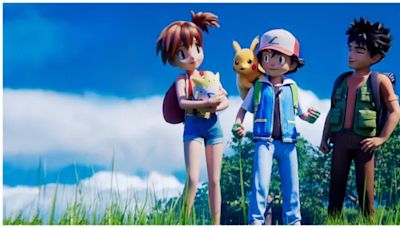Search results
May 20, 2024 · Evolution is the process of descent with modification that explains the origin and diversity of living things on Earth. Learn about the evidence, history, types, and examples of evolution from Britannica's experts.
- Francisco Jose Ayala
Evolution is the change in the heritable characteristics of biological populations over successive generations. [1] [2] It occurs when evolutionary processes such as natural selection and genetic drift act on genetic variation, resulting in certain characteristics becoming more or less common within a population over successive generations. [3]
Through the process of descent with modification, this common ancestor gave rise to the diverse species that we see documented in the fossil record and around us today. Evolution means that we’re all distant cousins: humans and oak trees, hummingbirds and whales. Four seasons photo credit Joisey Showaa, illustration UCMP.
5 days ago · Learn about the process by which human beings developed from now-extinct primates, and the fossil and genetic evidence for this history. Explore the main models and scenarios of human evolution, from the Miocene to the Pleistocene Epoch.
Scitable provides an overview of evolution, genetics, and biodiversity, and how they shape ecology. Explore the mechanisms, examples, and applications of microevolution and macroevolution, and the role of molecular techniques in studying evolution.
Biological evolution is the process of change and diversification of living things over time, and it affects all aspects of their lives— morphology (form and structure), physiology, behaviour, and ecology. Underlying these changes are changes in the hereditary materials.
Evolution is the principal scientific theory that biologists use to understand life and is used in many disciplines, including medicine, psychology, conservation biology, anthropology, forensics, agriculture and other social-cultural applications.





